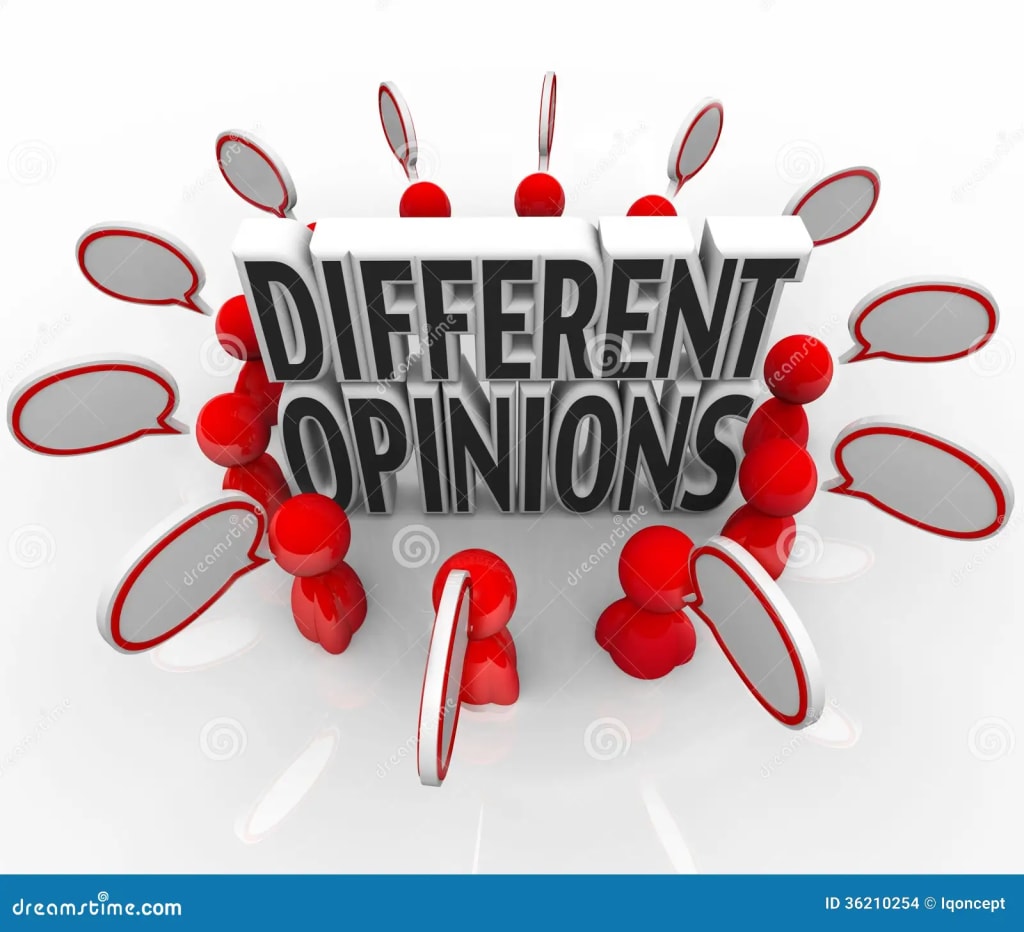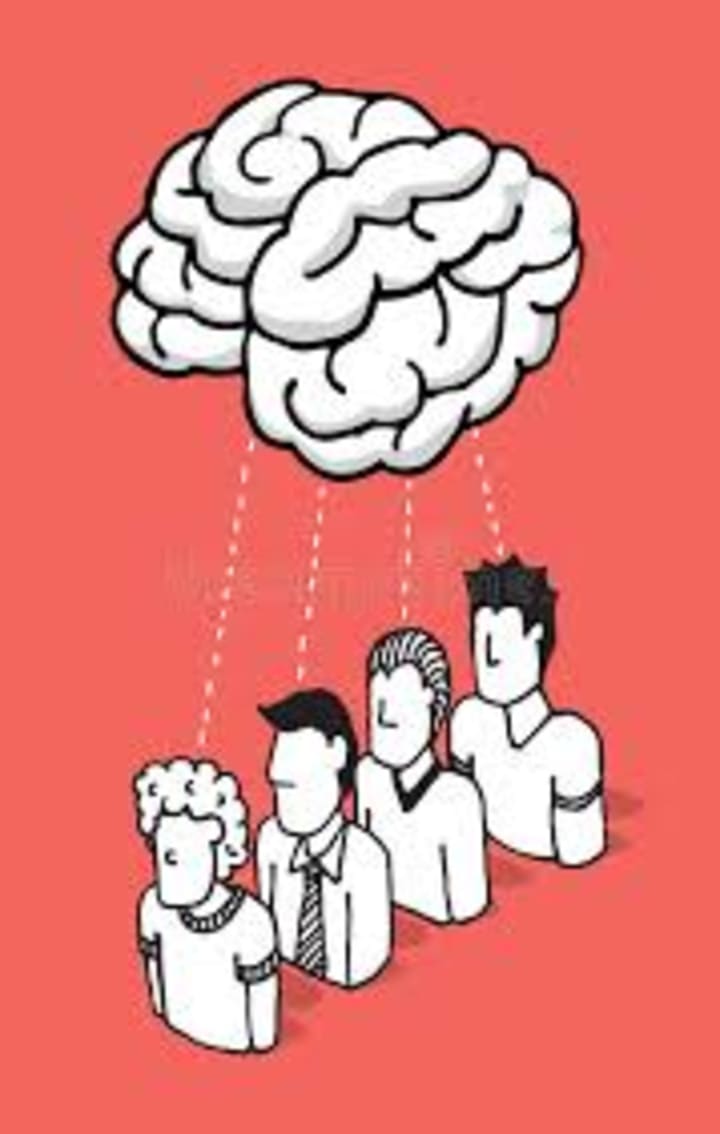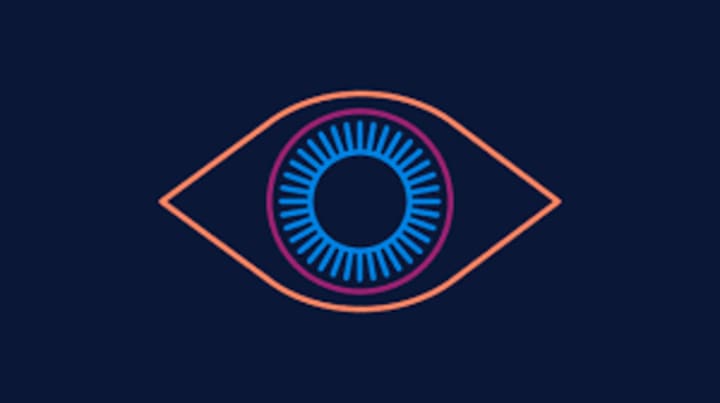Accepting other different opinions can be hard but why is that ?
Opions

Understanding why it can be difficult for some individuals to accept opinions different from their own is a multifaceted issue rooted in psychological, social, cultural, and cognitive factors. Here, we will explore these dimensions to provide a comprehensive view of the topic.

### Cognitive Biases and Psychological Factors
#### 1. **Cognitive Dissonance**
Cognitive dissonance refers to the mental discomfort experienced when holding two or more contradictory beliefs, values, or attitudes. When confronted with an opinion that differs from their own, individuals may experience cognitive dissonance, prompting them to dismiss the new information or rationalize their existing belief. This is because accepting new opinions often requires re-evaluating and possibly changing established beliefs, which can be mentally challenging and uncomfortable.
#### 2. **Confirmation Bias**
Confirmation bias is the tendency to search for, interpret, favor, and recall information that confirms one’s preexisting beliefs. This bias leads people to focus on evidence that supports their views while ignoring or undervaluing evidence that contradicts them. When individuals are faced with differing opinions, confirmation bias can make it difficult to appreciate or even recognize the validity of alternative perspectives.
#### 3. **Identity and Belonging**
Opinions and beliefs are often deeply intertwined with an individual's identity and sense of belonging. Changes to one's beliefs can feel like a threat to one’s identity, leading to defensiveness. Additionally, group dynamics can reinforce this resistance. Belonging to a social, political, or religious group can cement certain beliefs, making it difficult to entertain alternative opinions without feeling ostracized or alienated from the group.
### Social and Cultural Influences
#### 1. **Socialization**
From a young age, individuals are socialized into the values, norms, and beliefs of their families, communities, and cultures. These foundational views can become deeply ingrained and resistant to change. Social conditioning creates a framework through which individuals interpret the world, making it challenging to adopt different perspectives that fall outside this framework.
#### 2. **Echo Chambers and Filter Bubbles**
In the digital age, social media and online platforms can create echo chambers, where individuals are exposed primarily to opinions that echo their own. Algorithms designed to maximize engagement often prioritize content that aligns with users’ existing beliefs, reinforcing their views and limiting exposure to differing opinions. This creates a filter bubble, narrowing perspectives and entrenching beliefs.
### Emotional and Interpersonal Factors
#### 1. **Interpersonal Conflict**
Different opinions can lead to interpersonal conflict, which people may naturally seek to avoid. When opinions are closely tied to emotionally charged issues, such as politics or religion, discussions can quickly become heated and confrontational. Fear of conflict and the potential damage to relationships can make individuals reluctant to engage with or accept differing opinions.
#### 2. **Emotional Investment**
People often become emotionally invested in their opinions because these opinions can provide a sense of certainty and predictability in an unpredictable world. Accepting differing opinions may require acknowledging uncertainty, which can be emotionally unsettling. The more emotionally invested an individual is in their beliefs, the harder it is to accept alternative viewpoints.
### Educational and Cognitive Limitations
#### 1. **Lack of Critical Thinking Skills**
Critical thinking involves analyzing and evaluating an issue in order to form a judgment. However, not everyone has had the opportunity or education to develop strong critical thinking skills. Without these skills, individuals may find it challenging to evaluate and accept opinions different from their own. They may rely on surface-level reasoning or emotional responses rather than nuanced analysis.
#### 2. **Information Overload**
The sheer volume of information available today can be overwhelming. Faced with an overload of data and opinions, it can be difficult to discern credible information from misinformation. Without proper mechanisms to navigate this vast array of viewpoints, individuals may clump together with familiar opinions and reject other perspectives to reduce complexity.
### Strategies for Overcoming Resistance to Different Opinions
Acknowledging the difficulties in accepting differing opinions is the first step towards fostering more open-mindedness. Here are some strategies to help mitigate these challenges:
#### 1. **Encourage Critical Thinking and Education**
Promoting education that emphasizes critical thinking, media literacy, and open-mindedness can help individuals develop the skills needed to evaluate different opinions more impartially.
#### 2. **Foster Open Dialogue**
Creating safe spaces for dialogue where differing opinions can be discussed respectfully can reduce the fear of conflict. Encouraging empathy and active listening in conversations can help individuals feel heard and understood, making them more willing to consider alternative viewpoints.
#### 3. **Challenge Cognitive Biases**
Awareness of cognitive biases like confirmation bias can help individuals recognize when their beliefs are being unduly reinforced. Encouraging people to seek out and consider information that challenges their views can promote a more balanced perspective.
#### 4. **Promote Emotional Intelligence**
Developing emotional intelligence can help individuals manage their emotional responses to differing opinions. By understanding and regulating their emotions, people can better navigate the discomfort of cognitive dissonance and emotional investment in their beliefs.
#### 5. **Exposure to Diversity**
Exposure to diverse cultures, ideas, and perspectives can broaden individuals’ horizons and reduce the rigidity of their own belief systems. Encouraging travel, cross-cultural interactions, and diverse media consumption can foster a more inclusive mindset.
### Conclusion
The difficulty in accepting opinions different from one’s own is a complex interplay of psychological, social, cultural, and cognitive factors. While these challenges are significant, they are not insurmountable. By fostering education, critical thinking, emotional intelligence, and open dialogue, it is possible to cultivate a more open and accepting attitude towards differing opinions. In a world increasingly characterized by diversity and rapid change, developing the ability to understand and embrace different viewpoints is not only valuable but essential for personal growth and societal harmony.

About the Creator
Rissa
Hi, Sharissa, a 36-year-old mom of three, enjoys cooking, reading crime stories, and exploring health and psychology. Passionate, dedicated, and always seeking to learn and grow.
Enjoyed the story? Support the Creator.
Subscribe for free to receive all their stories in your feed. You could also pledge your support or give them a one-off tip, letting them know you appreciate their work.






Comments
There are no comments for this story
Be the first to respond and start the conversation.